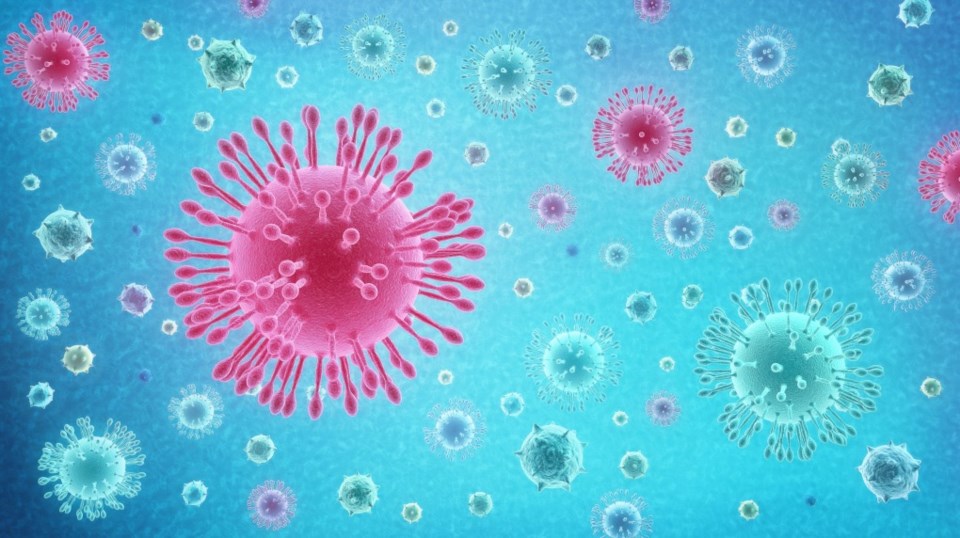FORT FRANCES, Ont. – The first confirmed case of COVID-19 in a Northwestern Ontario resident was announced Saturday by the Northwestern Health Unit, which serves the Rainy River district and part of the Kenora district.
The case was identified in a female adult residing in Fort Frances, around 350 kilometres West of Thunder Bay.
Health authorities believe the individual caught the virus during overseas travel. Dr. Ian Gemmill, Acting Medical Officer of Health for the Northwestern Health Unit, said transmission is believed to have occurred on a Caribbean cruise operating out of the United States.
The individual began experiencing symptoms after returning from the trip while visiting family in Manitoba, and was assessed in Winnipeg the same day. Gemmill said the health unit was informed of the case by the Chief Medical Officer of Health for Manitoba late Friday.
After investigating the individual's contacts during a 24-hour period before the onset of symptoms, and the time since, Gemmill said the health unit is confident there is no risk of transmission to the general public in Fort Frances and the surrounding area.
“We know exactly where she was when the infectious period began,” Gemmill explained. “I can reassure the public that we have ascertained there was no public contact after the person may have become infectious 24 hours before illness, and definitely not after illness... We have verified there is no risk of transmission in the community.”
Gemmill says the individual is not experiencing critical symptoms and is now at home in self-isolation, while three family members, including a spouse, are in self-quaratine. None of the family members exposed are elderly or considered otherwise vulnerable.
Gemmill added similar steps were being taken by Manitoba health authorities for the family with whom the individual had contact in that province.
While the first case in the region may grab headlines, Gemmill said the risk to the public – and the best advice on how people should respond – remain the same.
“We can’t say this enough times: we know when people take personal protective measures such as washing hands, not touching face, and so on – you can watch it decrease the level of respiratory illness in the community. It actually does work, even though it seems trite and not very interesting.”
Gemmill also urged people to avoid large gatherings, stay home if sick, and begin thinking carefully about their travel and activities.
The doctor is hopeful the region’s isolation will give Northwestern Ontario some additional time to assess the spread of the coronavirus and prepare accordingly.
“We’re in a good position up north,” he said. “It’s not a guarantee, but it’s quite likely the activity will happen in the highly densely populated places in southern Ontario first, and we’ll be able to observe that, get ready, and be prepared for this, should it happen in our area.”
